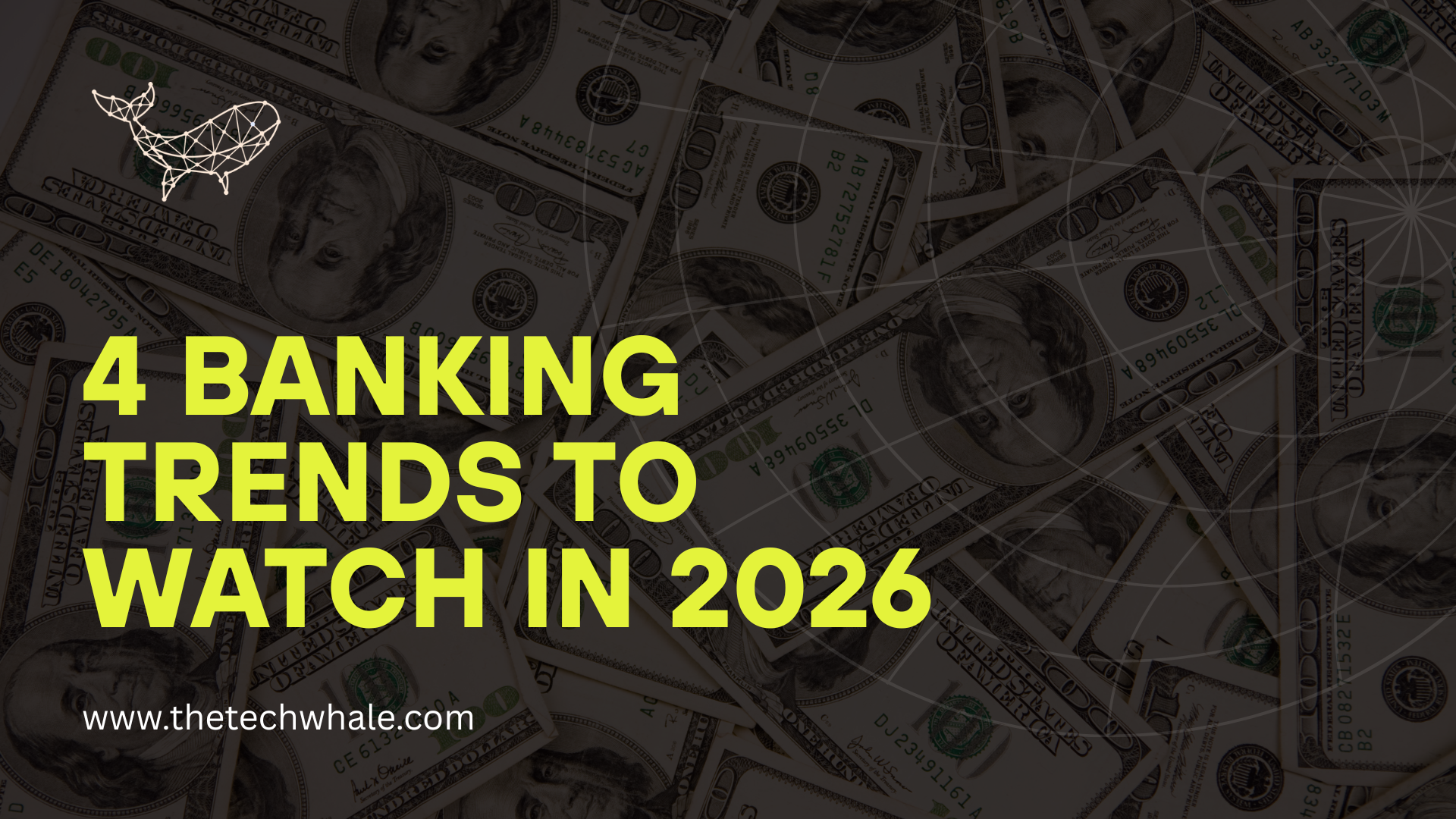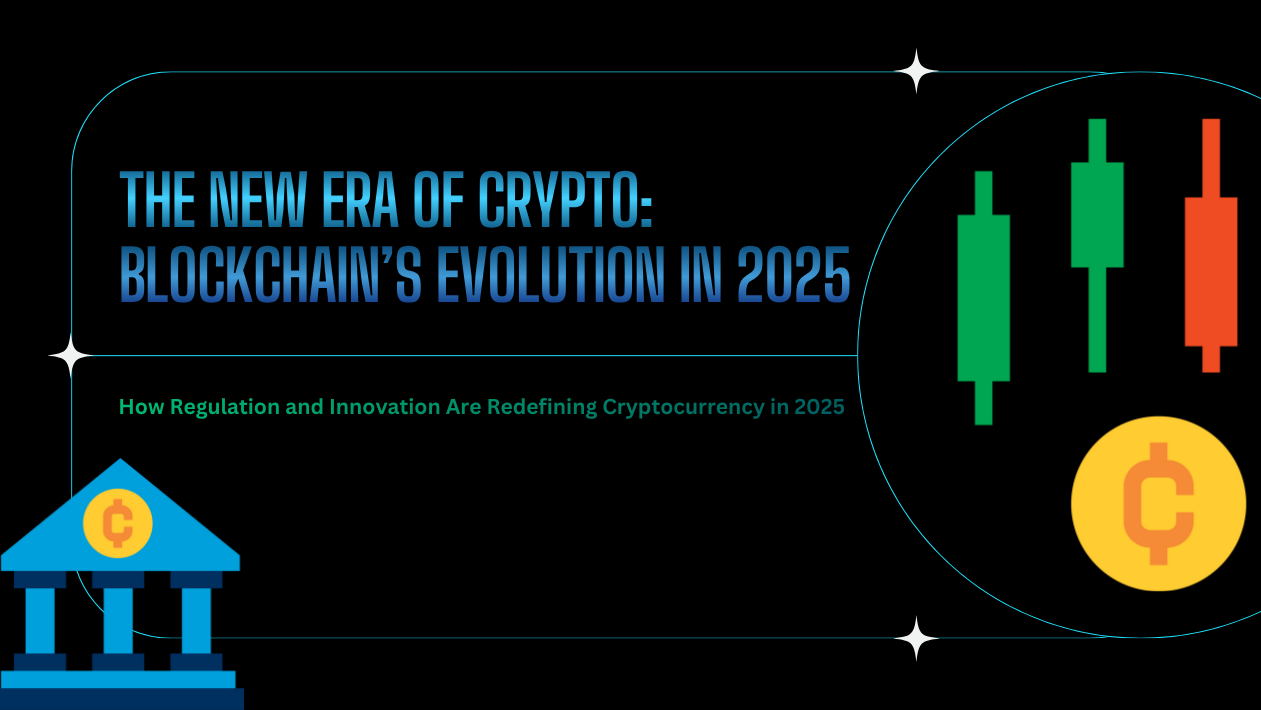Blockchain technology is transforming the lending industry by providing a decentralized and transparent framework for transactions. Smart contracts, self-executing agreements coded on the blockchain, automate loan disbursements and repayments, reducing the need for intermediaries and minimizing the risk of fraud.
Decentralized Finance (DeFi) platforms leverage blockchain to offer peer-to-peer lending services, enabling borrowers to access funds without traditional financial institutions. This democratizes access to credit, particularly in regions with underdeveloped banking infrastructure.
At The Tech Whale, we support B2B clients in integrating blockchain solutions into their lending platforms. Our expertise ensures secure and efficient implementation, enhancing trust and operational efficiency.
Blockchain’s immutable ledger provides a tamper-proof record of all transactions, facilitating regulatory compliance and simplifying audit processes. This transparency builds confidence among stakeholders and can lead to more favorable terms for borrowers.
Moreover, blockchain can streamline the identity verification process through decentralized digital identities, reducing onboarding times and improving the customer experience. This is particularly beneficial in markets where traditional identification documents are scarce or unreliable.
The integration of blockchain also enables tokenization of assets, allowing for innovative lending models such as collateralized lending using digital assets. This opens up new avenues for both borrowers and investors.
However, the adoption of blockchain in lending is not without challenges. Regulatory uncertainty and the need for standardized protocols can hinder widespread implementation. Collaboration between industry stakeholders and regulators is essential to address these issues.
Additionally, the scalability of blockchain networks remains a concern. Solutions such as layer-two protocols and sharding are being developed to enhance transaction throughput and reduce latency.
Security is another critical aspect. While blockchain itself is secure, smart contract vulnerabilities can be exploited. Rigorous code audits and the use of formal verification methods are necessary to ensure the integrity of smart contracts. As the technology matures, we can expect increased interoperability between blockchain networks, further enhancing the efficiency and reach of blockchain-based lending solutions.





